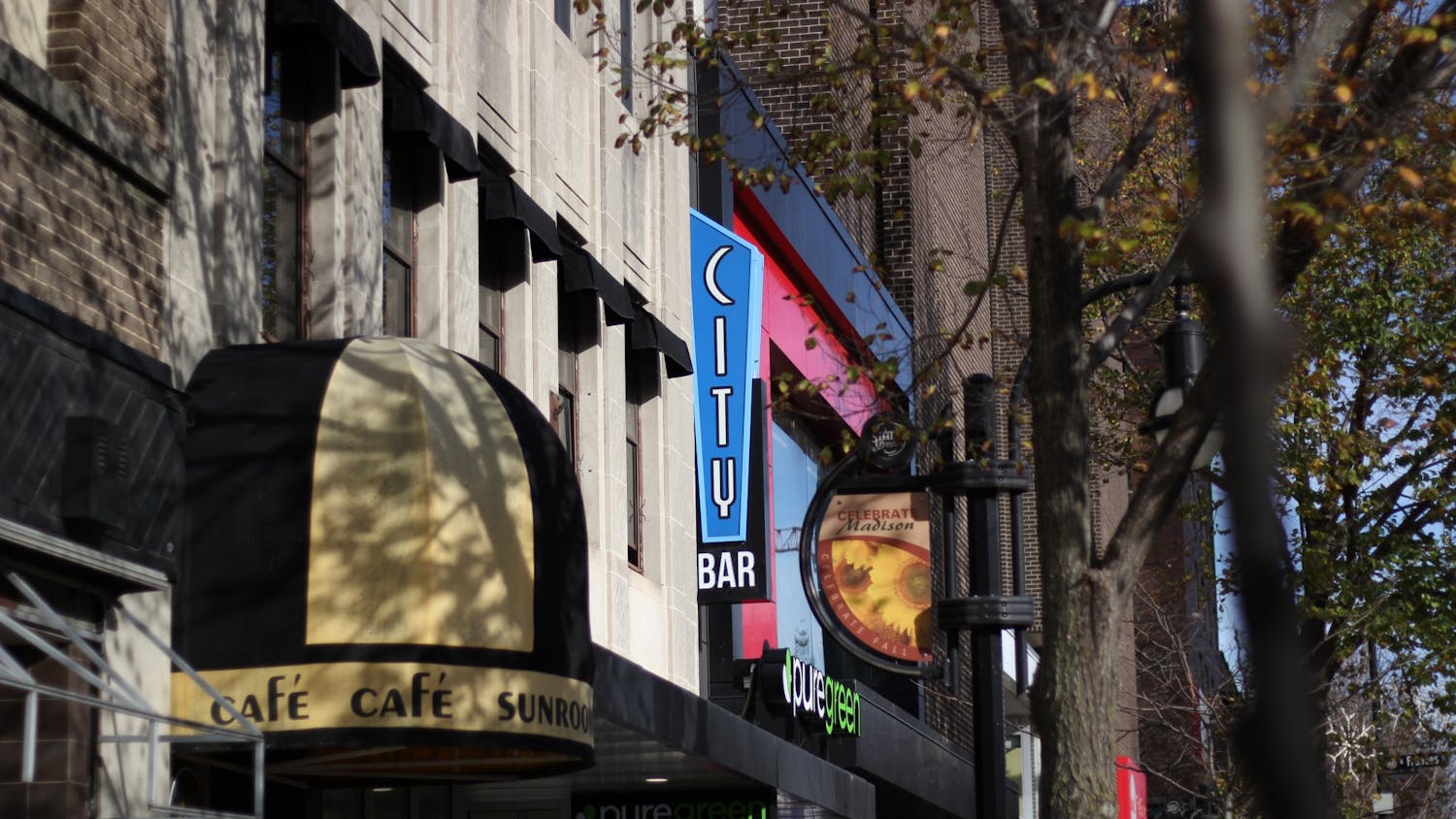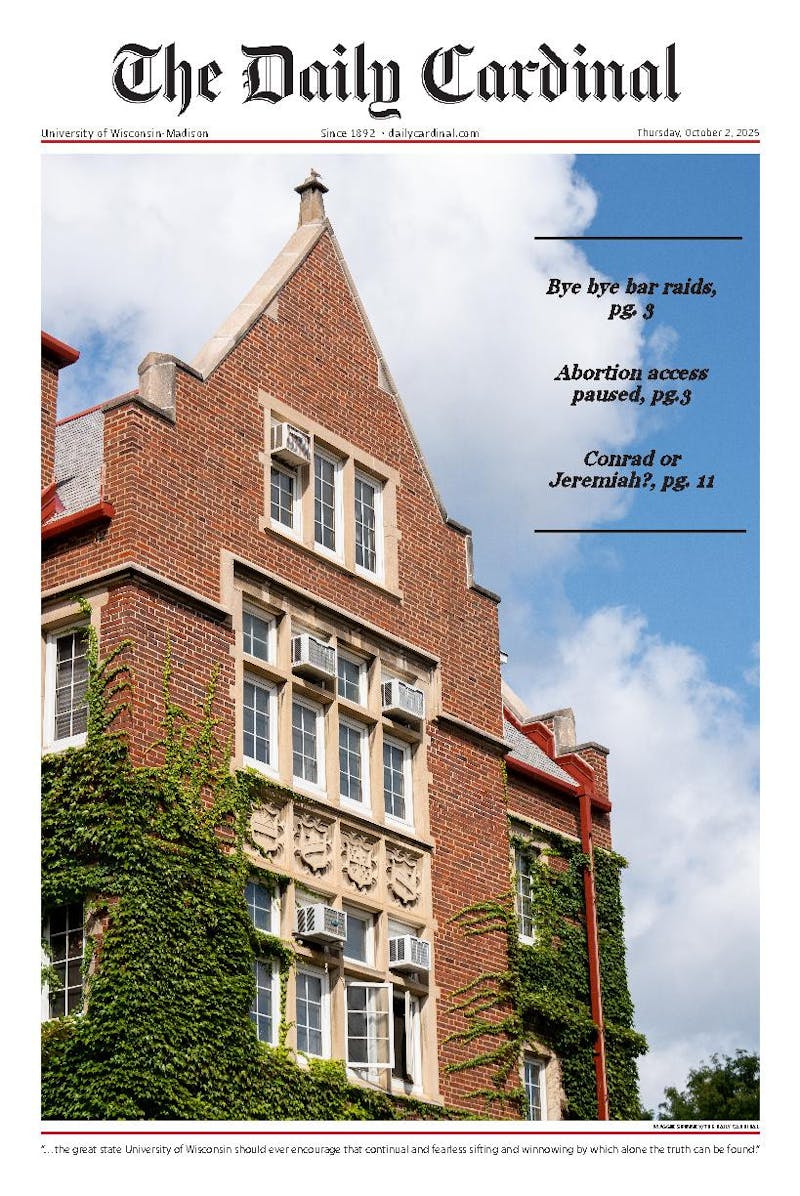After the University of Wisconsin-Madison shut down the Greater University Tutoring Service’s World Language Learners program earlier this fall, students have stepped up to fill the gap with a new organization: Language Connect.
World Language Learners, previously run by GUTS, was a program that had connected students to volunteer tutors for years and spanned dozens of languages.
But according to GUTS director Caitlin Farrell Haven, sustaining the program had become increasingly difficult.
“The decision to discontinue World Language Learners was not made lightly,” Farrell Haven said in an email. “After careful consideration, we determined that reallocating resources toward academic support programs with a more widespread need across campus was the most effective path forward.”
After finding out WLL discontinued, Fiona Freeman, a graduate student at UW-Madison, decided to start a new student organization with a few friends aimed at filling in the gaps that WLL left behind.
“I always used to sign up for World Language Learners,” Freeman said. “When I saw that it was removed from their website and discontinued, I said ‘Well I’ll start a club’ — just connecting students with other students and promoting language resources.”
Another challenge of keeping WLL open was recruiting and matching volunteer tutors, according to Farrell Haven. Still, she emphasized that GUTS hoped a new student group would step in to provide a similar service to students, a wish that has been granted.
Language Connect closely mirrors the old GUTS model but with some key changes. Instead of always relying on tutors with high proficiency, the group allows students to learn together in peer-to-peer settings if no advanced speaker is available. “We’re trying to facilitate learning together to reach their own language goals,” Freeman explained.
This flexibility has already drawn interest from students learning less commonly taught languages, including indigenous ones. While GUTS has sometimes struggled to support “niche” languages due to the tutor requirement, Language Connect encourages any student to sign up, regardless of the language.
As a Registered Student Organization, Language Connect also hopes to be more responsive to feedback than a large campus service might be able to. “It will be easier for us to actually take feedback and make changes,” Freeman said.
So far, more than 100 students have joined. Although the organization is still in its early stages — it has no website and relies on the Wisconsin Involvement Network for sign-ups — interest has been strong.
However, the group still faces challenges. Without funding or the ability to offer official volunteer hours yet, attracting tutors and coordinating schedules has been tricky. “It’s been difficult pairing up as many students as we can based on their schedules,” Freeman noted. “Obviously, anything that involves student participation on a volunteer basis is hard to incentivize when there’s no monetary benefit.”
Despite these hurdles, feedback has been overwhelmingly positive. Students told Freeman they’re relieved to have an option after WLL’S closure, even if it looks a little different than before.
“For any students who might think that they speak a language no one’s learning, sign up,” Freeman said. “We’re learning through this process that there are different niches where students are learning these languages.”
Freeman said her ultimate goal is simple: to make sure UW-Madison students have a place to connect over language learning and culture. “We really just want to provide students with lots of opportunities to learn new languages,” she said.
For now, GUTS is focusing on other tutoring programs, but Farrell Haven pointed students interested in language practice directly to Language Connect. That endorsement, combined with the enthusiasm from students, suggests UW’s language learning community is here to stay.






